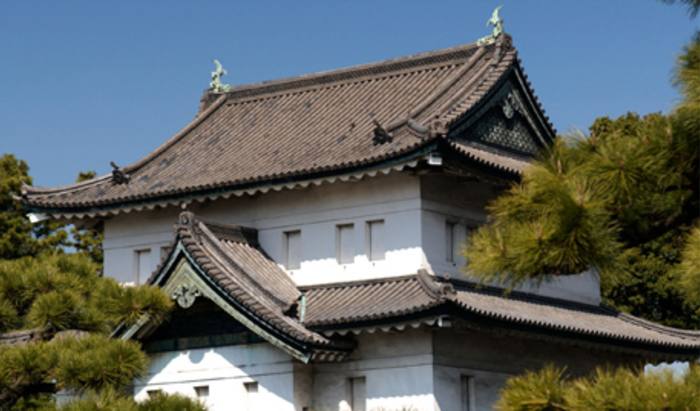
Five years ago, Shinzo Abe became prime minister of Japan and launched 'Abenomics' – an ambitious stimulus programme that aims to break Japan’s 20-year deflationary cycle.
There have been a few hurdles along the way but, by and large, it has been successful.
The economy has grown for seven consecutive quarters, which hasn't happened for more than a decade, and inflation is back. Corporate governance has improved and corporate profits are looking healthy. This, in turn, is feeding through to increased dividends.
The labour market also continues to tighten, with vacancies rising. There are now more jobs than applicants. To offset this, one of Mr Abe's policies has sought to entice women back to the workplace. Sustained wage inflation is the next goal.
The Nikkei – which enjoyed spectacular gains in the first couple of years of Abenomics before levelling off – has resumed its run and reached the 22,500 level for the first time since 1991. Over Mr Abe's tenure, it is up 112 per cent.
Perhaps unsurprisingly though, Japanese equities have remained unpopular with UK-based private investors since they fell off a cliff in 1989 (less than 4 per cent of our equity assets are invested there).
And over the very long term, they would have been right to shun them.
Despite earning next to nothing on cash for the past decade, savers in a bog standard deposit account would still have made more in comparison to investing in a Japanese tracker since the market peaked almost 30 years ago.
Thankfully, I don't believe that will be the case going forward. The stockmarket may be more than 40 per cent off its peak, but valuations are still reasonably attractive and, fresh from another landslide election victory, Mr Abe has been given a clear mandate to progress with his policies.
While the Federal Reserve, and the Bank of England (to a degree), have started to embark on ‘quantitative tightening’, the Bank of Japan continues to support the bond and stockmarket.
This suggests that loose monetary conditions will persist, so I'm bullish on Japanese equities – and Japanese smaller companies in particular.
A lesser-known fund I like is T Rowe Price Japanese Equity. This fund holds around 60 to 100 Japanese companies of all sizes, although the portfolio has a notable overweight to smaller firms.
Since taking over the fund in December 2013, Archibald Ciganer has consistently been among the sector’s top quartile performers.
The fund manager is based in Tokyo, has more than 15 years’ experience in Japanese equities and is fluent in Japanese, French and English. He is supported by a team of Japanese equity analysts in London, Tokyo and Singapore.
Mr Ciganer aims to find businesses which can deliver sustainable growth. In particular, he seeks out companies with competitive advantages, for example via their brand or technology.






